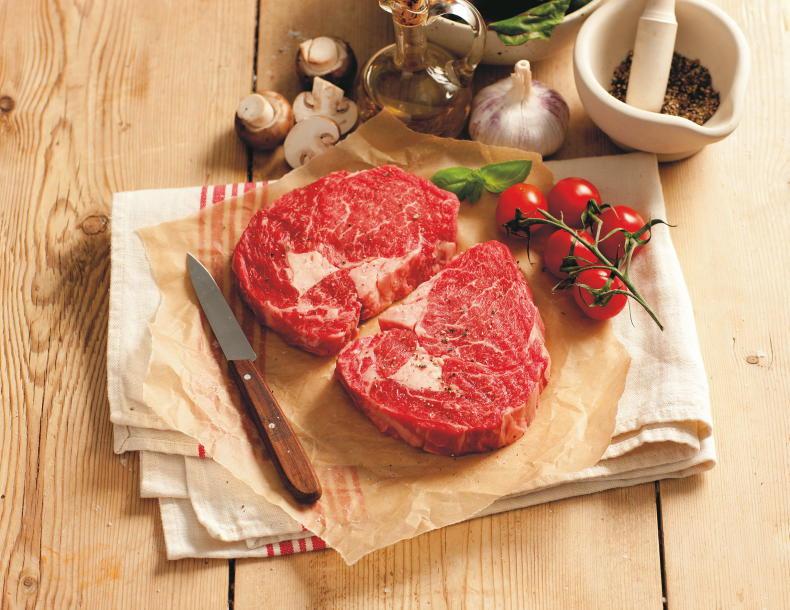The transport emissions associated with exporting Irish beef and dairy to Vietnam and South Korea are not “negligible”, Minister for the Environment Eamon Ryan has said.
He was speaking in response to a statement from Bord Bia CEO Jim O’Toole, who said on Wednesday 10 January that environmental gains made by farmers are not undone by exporting beef to the likes of Vietnam and South Korea.
O’Toole maintained that the transport element is “absolutely negligible” and that the big impact on lowering emissions happens at farm level.
However, Minister Ryan argued that in order to manage land use - and agriculture within that - we have to optimise in how we use our land for rural development firstly.
Land use
Land use, he said, also has to be optimised for storing carbon, restoring water quality, reducing air pollution and ammonia and nitrogen pollution.
“I’m absolutely convinced that we can do that in a way that we restore and rise farming incomes, but not emissions and not impact on our environment.
“This will not work if it’s a finger-wagging, pointing-the-blame thing - any one community is the cause of the problem,” he said.
Protecting and restoring the Irish family farm will not see a massive expansion in output, as that is not “physically, environmentally or economically viable” .
However, O’Toole told RTE’s Morning Ireland that customers from around the world seek out Ireland because they see it as a sustainable option.
This comes as Bord Bia announced on Wednesday that the value of Ireland’s food, drink and horticulture exports declined by 4% in 2023, reaching €16.3bn.
It followed a record-breaking year in 2022 when exports increased by 22%.
Drop
However, this drop of 4% in 2023 O’Toole said “was a very solid performance by the sector” in the context of the growth seen in 2022.
The cost-of-living crisis which 2023 brought with it and therefore the resistance at consumer level to pay higher prices were the main drivers of this 4% drop, O’Toole maintained.
“We saw a big decrease in the dairy sector of 8% and given that the dairy sector accounts for 40% of the total, that had a big impact on the overall figure.
“We also saw a decline in the alcohol sector, but then we saw our meat and livestock sector that was pretty much steady, we saw increases in cheese, we did see an increase of 7% in our prepared consumer foods.
“While the headline number is down 4%, we think that was very positive given the tough economic conditions were out there in the trade,” he said.






 This is a subscriber-only article
This is a subscriber-only article











SHARING OPTIONS: